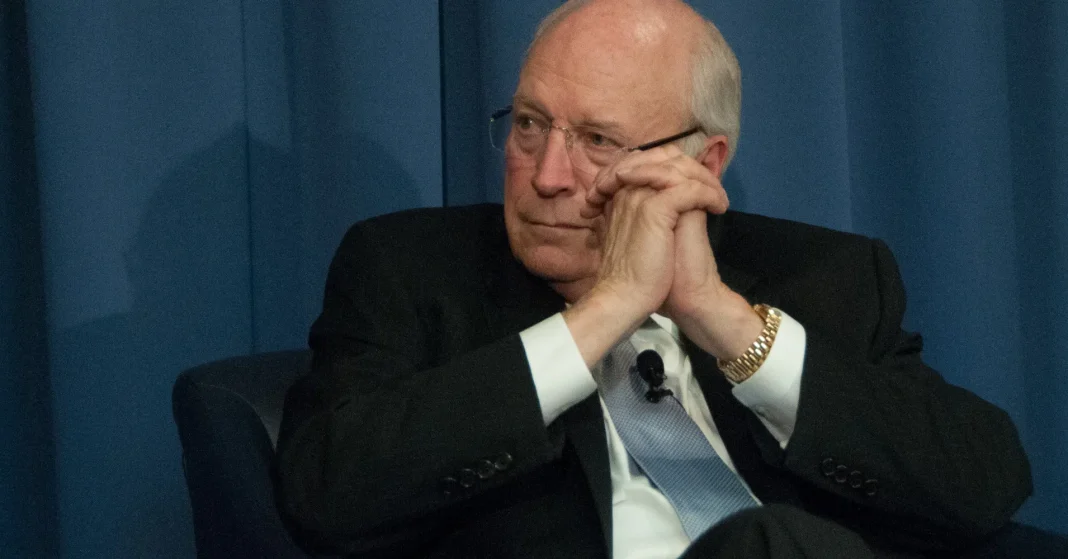Former U.S. Vice President Dick Cheney, a pivotal figure during the administration of President George W. Bush and influential in the decision to invade Iraq in 2003, has passed away. His legacy and the impact of his policies continue to spark discussions worldwide.
Cheney’s Role in the Iraq Invasion

Cheney played a crucial role in the Bush administration’s decision to invade Iraq, a move that remains controversial nearly two decades later. As Vice President, Cheney was a staunch advocate for the war, arguing that Saddam Hussein’s regime possessed weapons of mass destruction and posed a significant global threat. Despite the lack of evidence found to support these claims, Cheney believed that action was necessary to ensure U.S. security and interests.
The invasion, which began in March 2003, led to the ousting of Hussein and significant changes in the Middle Eastern political landscape. However, the absence of the alleged weapons raised questions about the motivations behind the war and its justification. These controversies have continued to impact Cheney’s reputation, drawing both staunch support and harsh criticism from various quarters.
Political Career and Influence

Before serving as Vice President, Cheney had a distinguished political career, including roles as the White House Chief of Staff under President Gerald Ford and Secretary of Defense under President George H. W. Bush. His tenure as Secretary of Defense saw the successful execution of Operation Desert Storm, which liberated Kuwait from Iraqi occupation in 1991.
Cheney’s extensive experience and assertive approach made him a powerful figure in Washington, significantly influencing foreign and defense policies. His strategic insights and firm stance on national security were key components of the Bush administration’s efforts to combat terrorism following the tragic events of September 11, 2001.
Legacy and Controversy

Cheney’s legacy is marked by both achievements and controversies. Supporters praise his unwavering commitment to national security and his role in shaping U.S. defense policies during a critical time. However, critics often point to the Iraq War and its aftermath, citing the significant human and financial costs as well as the long-term regional instability it contributed to.
The debates over Cheney’s policies and decisions are representative of larger discussions about the balance between national security and ethical responsibility. His legacy is a reminder of the complexity and challenges of leadership on the world stage, particularly in times of crisis.
Reflections on a Complex Figure

The passing of Dick Cheney has reignited discussions about the nature and impact of political power. As one of the most influential Vice Presidents in modern U.S. history, Cheney’s strategies and decisions continue to be studied and debated by political analysts and policymakers worldwide.
In reflecting on Cheney’s life, it is clear that his impact on global politics was profound and multifaceted. The decisions made during his tenure have had lasting effects, shaping not only American foreign policy but also the global geopolitical environment.
As the world responds to the news of Cheney’s passing, his legacy will be examined and discussed, offering lessons for current and future leaders in navigating the complexities of international relations and governance.





